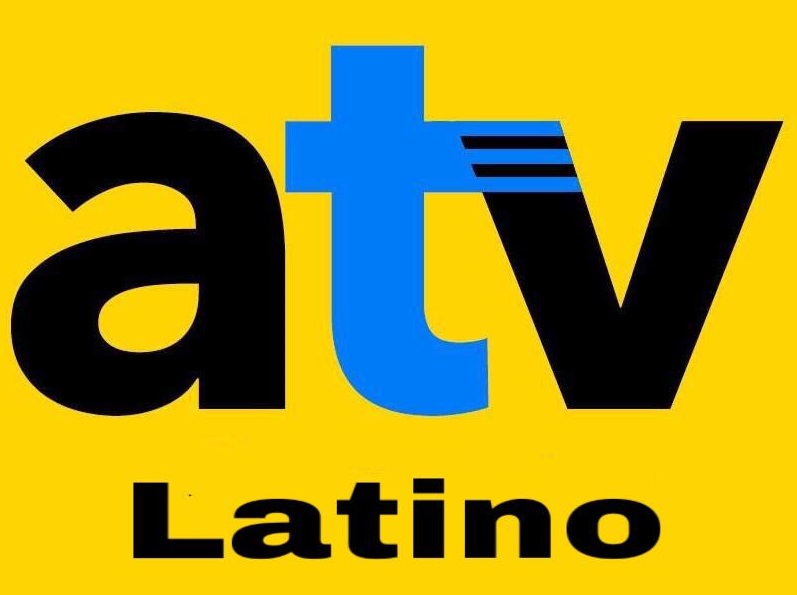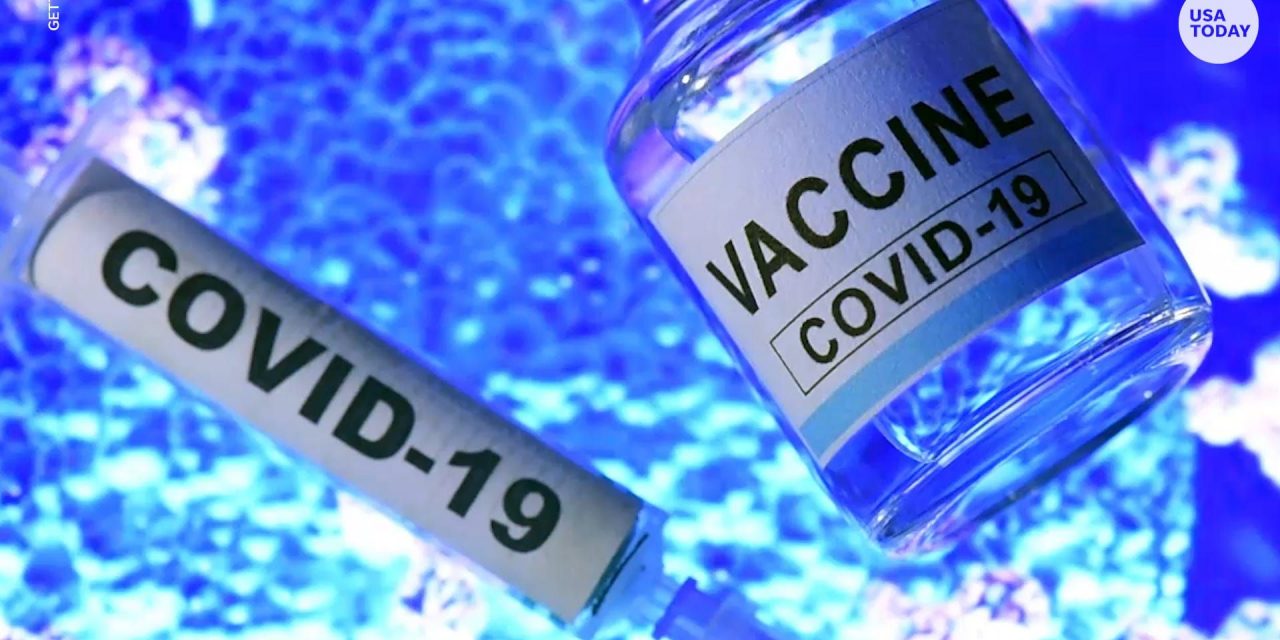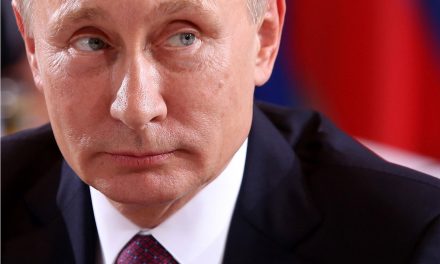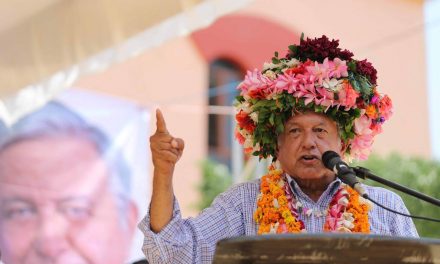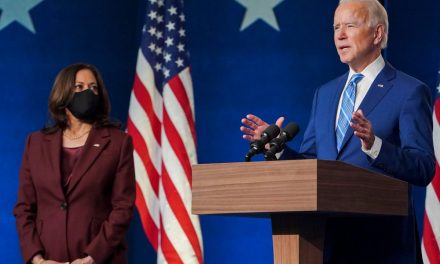The U.S. has secured an additional 200 million doses of coronavirus vaccine, President Biden announced Thursday, finalizing a commitment that was promised last month.
Speaking at the National Institutes of Health (NIH), Biden said the purchases will increase supply by 50 percent, to 600 million doses.
Biden, who did not remove his mask to speak, said the companies are stepping up delivery timelines, so 100 million doses that were promised by the end of June will now be delivered by the end of May.
He said the administration has secured enough doses from Moderna and Pfizer-BioNTech to inoculate every American by the end of July.
According to the Department of Health and Human Services, the U.S. paid approximately $2 billion to Pfizer for the additional doses, and $1.65 billion to Moderna.
The U.S. has now pre-purchased enough vaccine doses to inoculate the population twice over.
However, the extra doses will not be immediately available, meaning that the existing supply shortages plaguing the rollout are likely to continue, at least in the short term.
Instead, the extra 200 million doses will provide a backstop for when the initial supplies are exhausted.
In his remarks Thursday, Biden faulted former President Trump for not doing enough to plan for the vaccination rollout.
“My predecessor — to be very blunt about it — did not do his job in getting ready for the massive challenge of vaccinating hundreds of millions of Americans,” Biden said.
The Trump administration under Operation Warp Speed secured 400 million doses combined from Pfizer and Moderna, but has been criticized for not helping states with the “last mile” of distribution, including getting shots into arms, which was delegated to the states.
The pace of immunization started at a slower rate than what former Trump officials promised last fall, as states and federal officials argued over who shouldered the blame.
But despite the complaints, states were averaging close to 900,000 vaccinations a day when Biden took office, and are now on pace for close to 1.5 million a day.
Additional vaccine supply is also expected to come from Johnson & Johnson. The company’s single-shot coronavirus vaccine is set to be reviewed by the Food and Drug Administration later this month.
The Johnson & Johnson vaccine only requires one dose, as opposed to the two-dose vaccines from Pfizer and Moderna, meaning it will be easier to distribute.
It’s also much easier to store; the shot is estimated to remain stable for two years at minus 4 degrees Fahrenheit, and will remain stable for at least three months in most standard refrigerators at temperatures of 36 to 46 degrees.
But initial supply is expected to be limited. The company said it “expects to have product available to ship immediately following authorization,” but did not specify how much.
It still expects to meet its commitment of supplying 100 million doses by the middle of the year.
